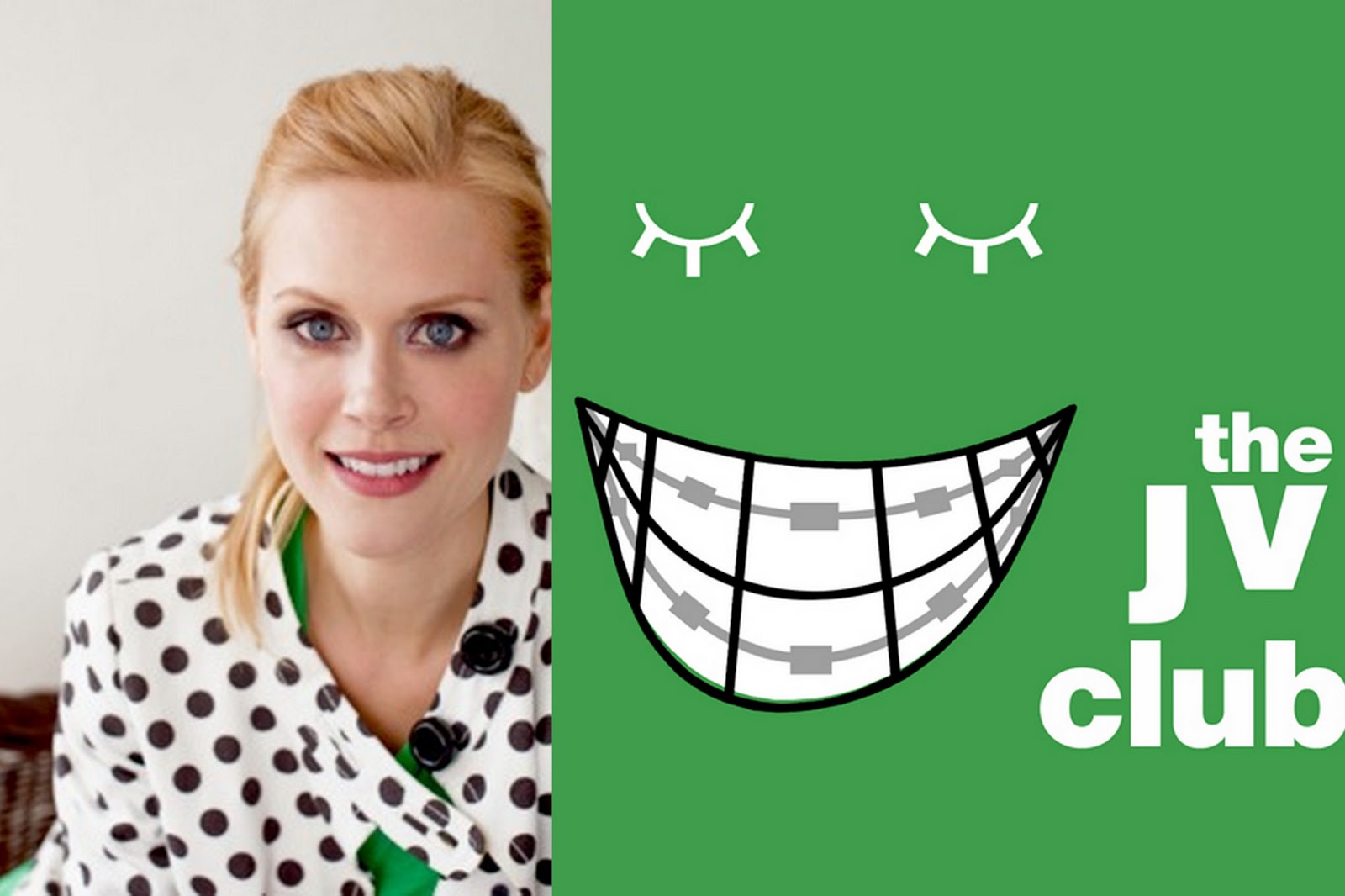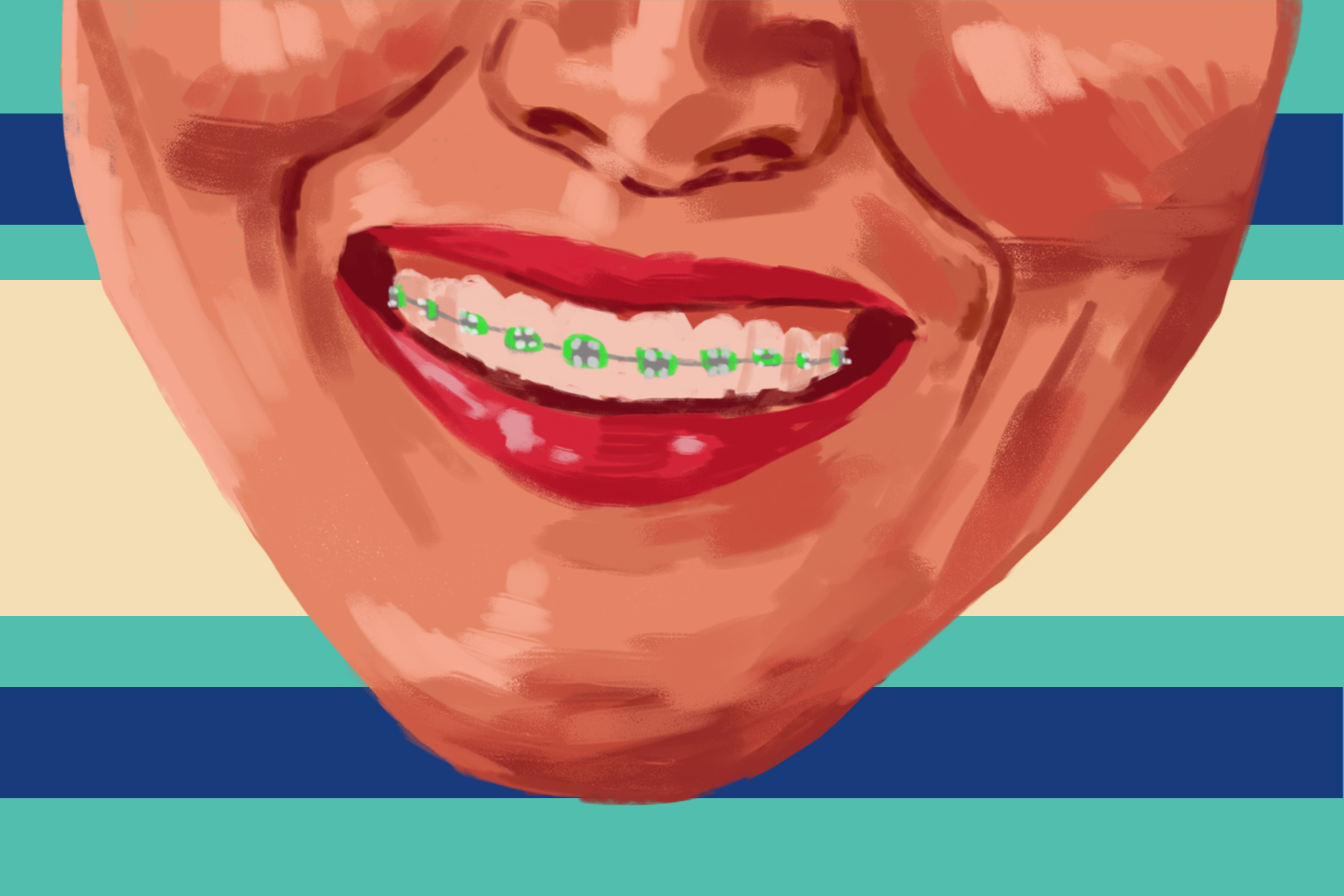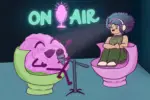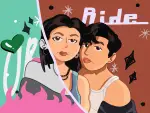It’s no surprise that podcasts, while not new to the audio-broadcasting scene, have been gaining significant mainstream traction in recent years. Janet Varney, voice actress of Korra in “The Legend of Korra,” has hosted “The JV Club” since 2012. The show, recently relocated to the MaximumFun network, is an exploration of the adolescence of influential people.
Every week, Varney interviews some of her favorite women (and in the summer, men) on what their teen years looked like and how they made the tumultuous transition into adulthood. An excellent interviewer, Varney is able to navigate the conversation through serious topics and encourage her guests to give an honest account of what it felt like to be a teenager.
By interviewing notable adults in media, Varney is showing today’s teenagers and young adults that nobody has a perfect upbringing. Many of the interviewees speak of being awkward, bullied or having faced some other hardship growing up. The listeners are able to identify with the guests’ stories, which gives them something to grab hold of. They can listen to an episode and say, “This person grew up like me, but things got better for them, which means that things will be better for me too someday.”
Additionally, not only does Varney help young people see themselves in others through her guests, but she is also not afraid to tell stories from her own life. She speaks of her relationship with her parents, growing up an only child and how her parents’ divorce affected her.
Furthermore, she has been important in showcasing bisexual visibility in media, as she is bisexual herself. As stated before, Varney is most known for voicing Korra in the Nickelodeon show “The Legend of Korra,” which is the sequel to the beloved “Avatar: The Last Airbender”; it became a widely popular show among older teens and young adults who grew up with Aang and his friends. In its final episode in 2014, the show made television history when it ended with a bisexual relationship between two women of color, Korra and her best friend, Asami.
“Korra” was one of the first major kid TV shows to display an obvious same-sex relationship, opening the door for other shows like “The Loud House” and “Steven Universe” to prominently display LGBT+ relationships. The more exposure something gets in media, the more kids are validated when they start grappling with their identity, something “The JV Club” strives to do each week.

Just in time for its 300th episode, “The JV Club” was relocated to the MaximumFun network from its prior home on Nerdist. MaximumFun divides its podcasts into two categories: comedy and culture. Varney often jokes that her podcast is the least funny show in the comedy category, due to how real the content can interfere with laughs.
MaximumFun is unique against other podcasting networks in that its shows are built from positive enthusiasm toward niche topics; for example, the show “Everything’s Coming Up Simpsons” invites notable people on the show to talk about their favorite episode of “The Simpsons,” and “Wonderful!” is a show where the hosts literally just talk about things that brought them joy that week.
“In podcasting you’re trying to dig deeper into a smaller group of people and incite their passion,” said Jesse Thorn, creator of MaximumFun. “We are more likely to bond with others over what we don’t like than what we do like … It’s much more difficult to bring that kind of passion in a positive direction, but I think it’s entirely possible.”
“The JV Club” fits in perfectly among the other shows on the network, as Varney’s show is important not only in humanizing notable people in media, like Zelda Williams or Kristen Schaal, but it also tells young people that it’s okay to be filled with angst. And no matter which direction the conversation goes, Varney is able to put a positive spin on it and bring the conversation back up by the end.
“For the folks who are in our networks, it’s about more than a commercial transaction,” said Thorn. “We want people in our network who we feel share our values, and want to be a part of something bigger than themselves and bigger than their show.”
While interviewing Travis McElroy, co-host of the podcast “My Brother, My Brother and Me,” the two talked about McElroy’s experiences in high school theater and how he used to be a huge jerk. When McElroy dug deeper, with Varney’s guidance, he opened up on how he is a recovering narcissist, and how the death of his mother provided him with an opportunity to rebuild himself as somebody his mother would be proud of.
And through McElroy’s account of how he saw himself as a teenager and young adult, Varney provided a positive spin on his life events: McElroy took over as his high school’s unofficial theater director because he was so passionate about acting. She affirmed that McElroy is a kind person who would make his mother proud today.
Podcasting is a successful medium to emotionally reach an audience because it’s a more intimate medium than things like television, books or radio shows. Podcast hosts often display a level of authenticity that isn’t found elsewhere; most don’t have to adhere to any broadcasting standards, nor do they have to take on a persona or character. By showcasing their true selves, podcasts create a foundation in which the listener feels like they are building a relationship with the host.
Furthermore, the accessibility and consistency help curate an intimacy between hosts and listeners. With apps like the Podcast app, which is default app in iPhones, listeners can watch shows whenever and wherever they want. Many people listen to podcasts in the background as they do other activities, like housework or commuting. They are able to wade through the backlog of already-established shows, which is similar to learning about a friend’s past by living through it with them.
The whole concept is very humanizing for podcast hosts, and it helps Varney build trust between her and her young listeners. Luckily for newcomers to the show, “The JV Club” has over 300 episodes in its backlog, so there is no shortage of media to consume. Find it on MaximumFun or the iTunes store, and vicariously relive your teenage years with Varney and her guests.
















